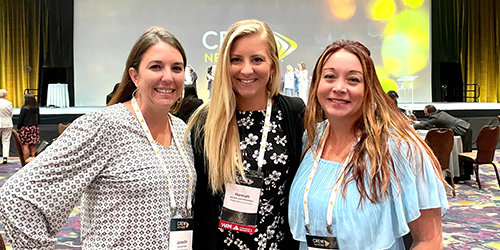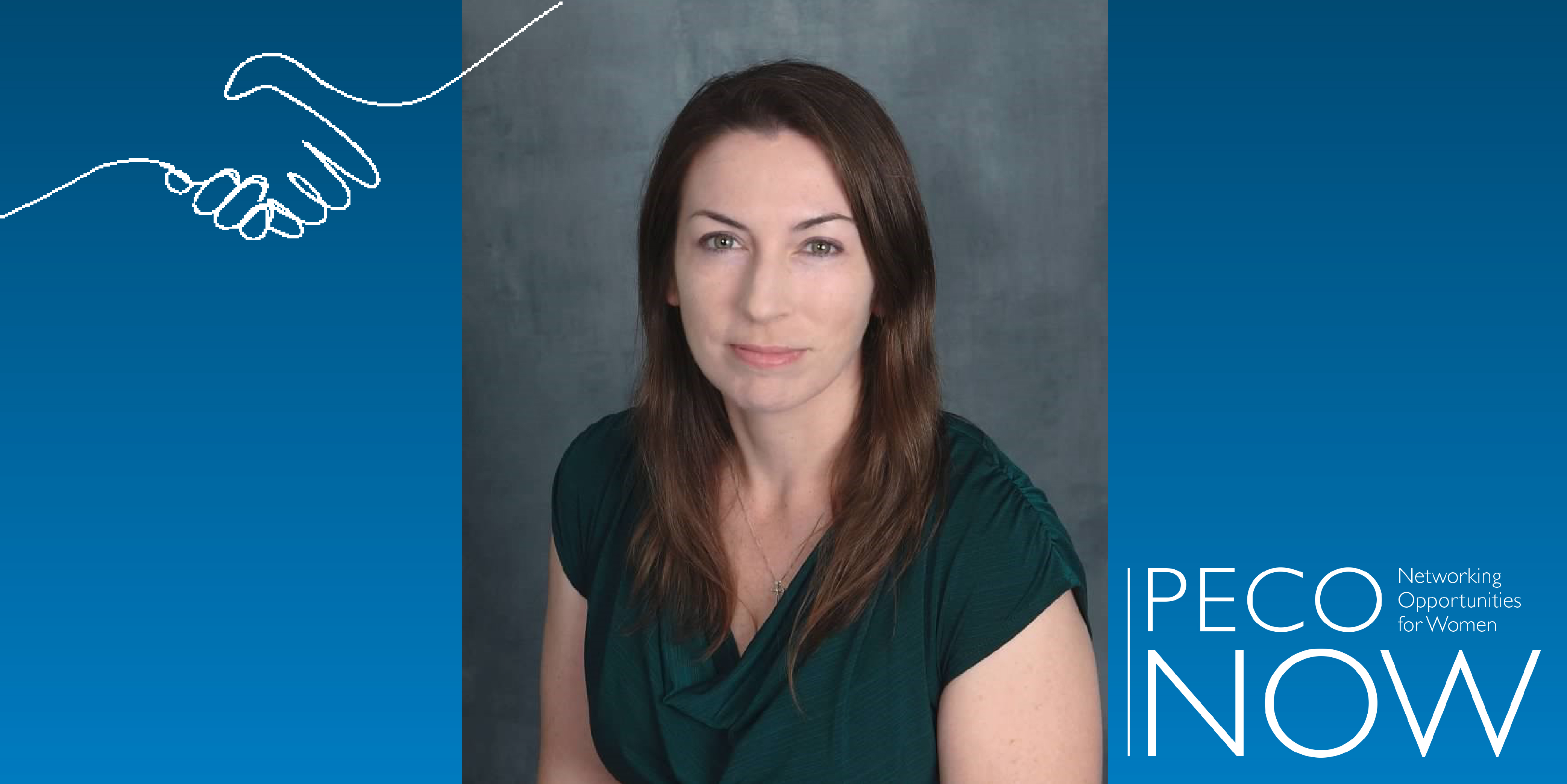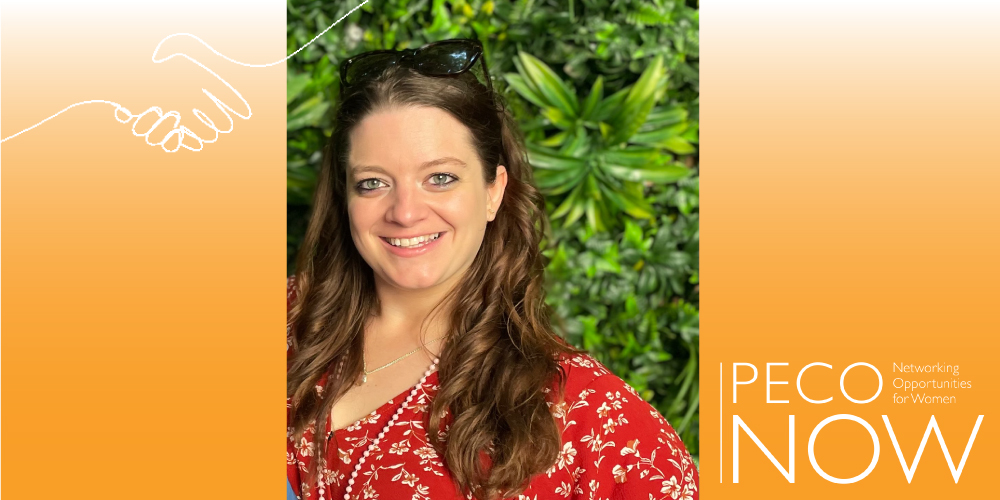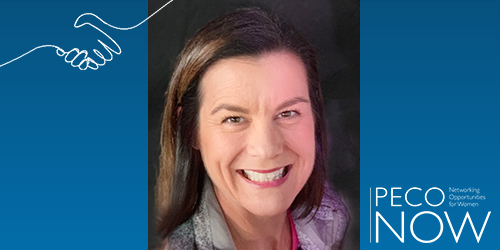Published On Oct 16, 2018
in Leadership & Development and PECO Culture
Phillips Edison’s Chief Marketing Officer, Cherilyn Megill, recently wrote a blog about first jobs and the incredibly valuable lessons we often learn from them. In it, she talked about a conversation she and I had regarding my own first job at a sub shop. That got me thinking about all of the jobs I’ve held and, of course, in true over-thinker fashion, the whole train of thought snowballed. The avalanche of random musings landed in a sort of epiphany regarding associate engagement and the relationship between companies and employees.
If you check out Cherilyn’s blog, you’ll see that I worked directly for the owner of that sub shop and I learned from him that every job matters – even scrubbing (really gross) toilets. During my time with that small, family-owned business, I was lucky enough to hear them frequently discuss the business and why it was doing well or what wasn’t going so well. I learned a lot from listening to those conversations – including how my work directly impacted customer satisfaction and the business’ success. Later, during college, I worked at a family-owned daycare center. Again, I was privy to discussions about the business and I saw how important it was to the owner and the parents of the kids (our customers) to have clean facilities, conscientious care-givers and staff that went above and beyond.
Working directly with these business owners, doing all kinds of things, gave me the opportunity to see how much every task meant to them and how my efforts helped them and their businesses. It taught me a bigger lesson about the workplace: for the employee to have a job, the company has to be successful. This means, that no matter what “job” you hold or title you are given, and no matter what your “job description” says, the bottom line is that your REAL job is to help make the company successful – and you do what it takes to achieve that. It’s a partnership of sorts and that partnership works best when the employee works and behaves accordingly. After all, in the end, the company needs to do well to stay in business and the employee needs the company to succeed in order to keep a job.
I’ve also worked for larger companies (although not scrubbing toilets). In the large chain-store bakery, I had no idea how many donuts I sold or if the extra time I took with someone’s cake made them spend more money. When I ran the register at the big-box retailer, I was never sure if customers appreciated my careful bagging and cheerful greetings. Of course, I’d already learned the lesson of “every job matters” and “just do what needs to be done” so I worked hard and did what I thought needed to be done. But if I had not worked for those small businesses first, I would have never seen the direct results of my work or had an appreciation for the impact that my work could have on the business.
Working with small business owners made me see things from their perspective and the business’ perspective – and taught me to think about the whole business, not just my role or written job description. Thinking this way made me more engaged in what I was doing because I understood the partnership and I wanted to be a part of the success. It’s about how we fit in to the bigger picture.
At Phillips Edison, our leadership team helps people see this partnership and connection by treating associates like owners, showing them how their roles contribute to the organization’s goals and rewarding them when the company does well. The annual goal-setting process, much of our all-associate annual meeting, and many of our internal communications are designed to build this partnership and connect those dots. These days, I don’t clean Phillips Edison’s toilets – but I would if I had to, because I want the company to succeed. My job isn’t a title or a job description – it’s to do what it takes to help our team reach its goals. I was lucky enough to learn that early on, and Phillips Edison continues to reinforce it.
If you are an employee and you don’t know how you impact your organization – find out. If you own a company, are you helping people understand the business and how they impact it? Whether you are scrubbing toilets or in the C-suite, everyone has a role in the success of a company.
Cassandra Burnham





